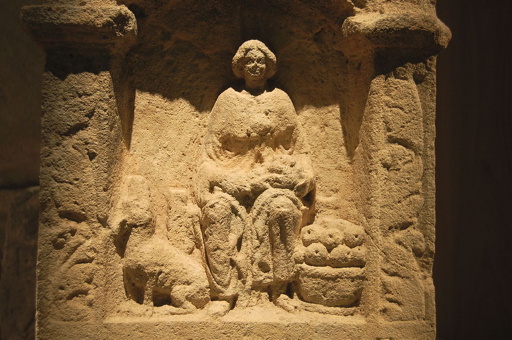What a morning. The first of these was written right after I got out of the shower where I spent my time thinking about the state of things and feeling the full weight of it all. This time of year is wearying and I am weary, sometimes prone to despair and fits of self-pity. There is at least one profane word in this poem, if that sort of thing offends you.
The second poem was written after I’d gotten my mother out of bed, fed her, joked about the cat with her, helped her with a craft project. Being with her took the edges off my despair, made me realize what was important.
But I present them both, as both are slants of the truth.
Not for the Faint of Heart
It’s hard for the brave to be weak.
Like any wounded tiger, my mother
lashes out at those who come closest.
Most days I let it pass.
She’s old and frail and hurting and afraid,
angry and confused,
and willing to admit to none of that.
I know it’s hard.
My mother, once as mighty as the
slow-churning thighs of the earth,
has to rely now on little wheels
to get across the room.
Most days I let it ride.
Except on the days when I myself
am tired and hurting and afraid,
angry and confused.
Then I defend myself—because I’m human
and frail of spirit.
But it’s not a fight I can win.
Guilt shuts me up and down
as surely as love.
I make amends. I take the blame.
I know the real guilty party is
old age,
that cold-hearted motherfucker
determined to diminish even the strongest
and bravest,
dedicated to grinding each last particle
of dignity
from our bones
while it turns us to dust.
♥♥♥♥♥♥♥♥♥♥♥
Like a young child she has trouble
Like a young child she has trouble
with openings and closings,
clumsy hands bungling at things;
leaves messes behind her wherever
she goes, unaware, moving on;
totters, toddles and tests her feet,
escaping the prison of the walker,
grabbing furniture to steady herself;
lights never turned off, cabinets never closed.
These things evoke my tenderness,
the mothering core of my heart,
wanting to make safe, wanting
her to feel loved and appreciated,
supported and valued.
These things evoke my frustration,
moving along behind, a steadying hand,
cleaning up, making tidy, never done,
weighed down.
I live in perpetual opposition,
love and frustration, guilt and innocence.
In the end, love trumps all.
In the moment, it is sometimes
hard to remember,
but the truest expression of my heart:
love trumps all.

